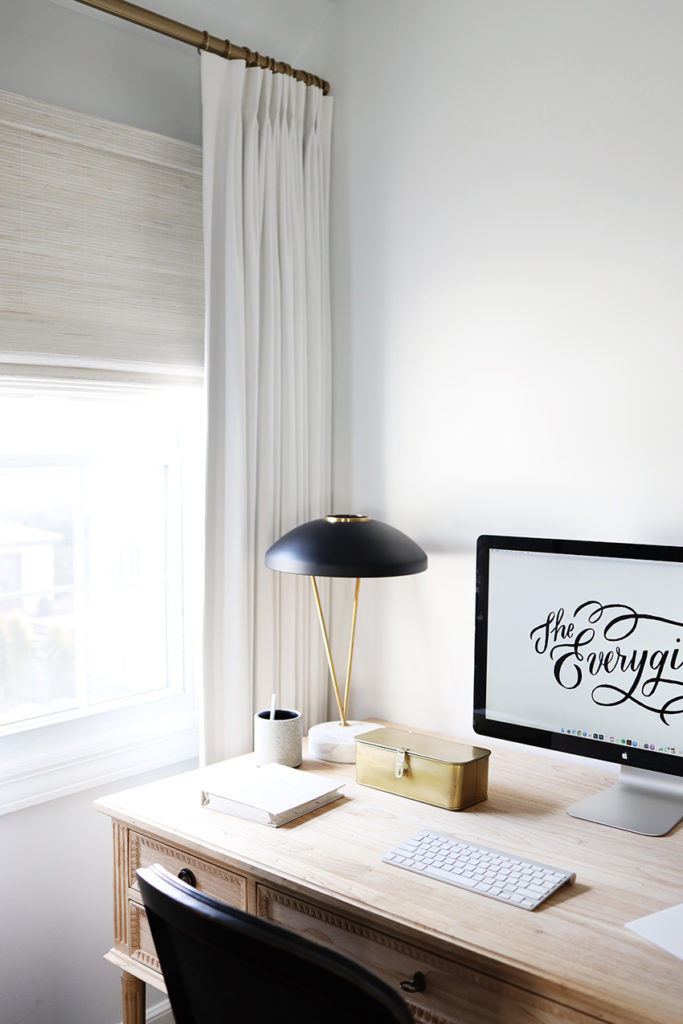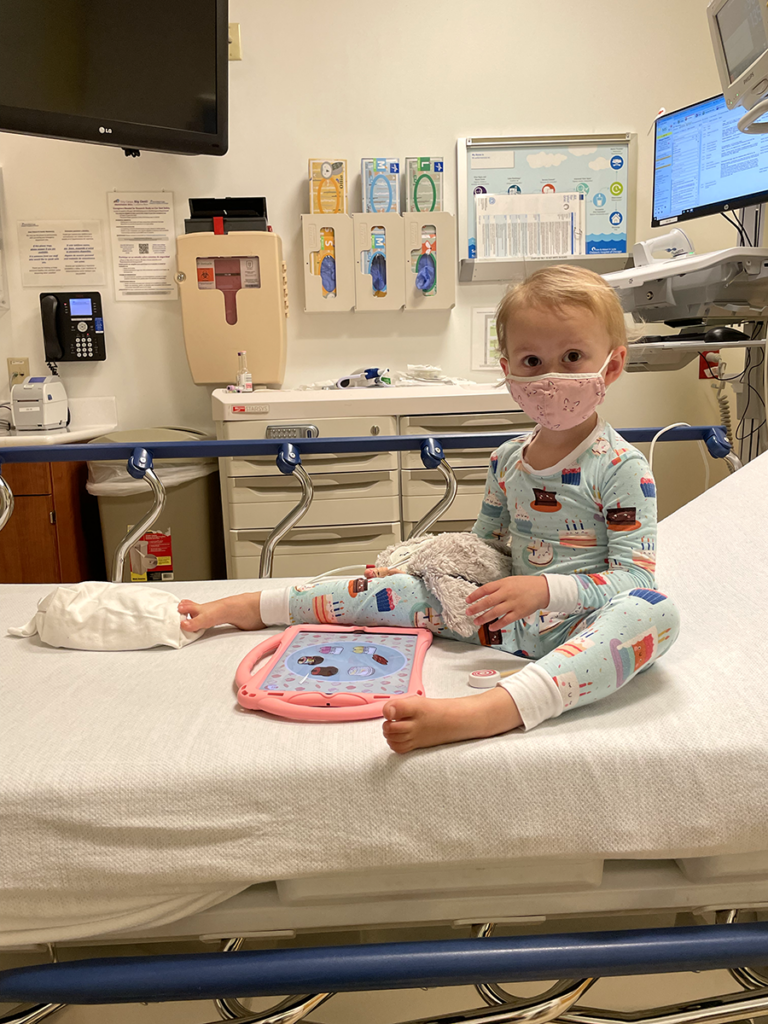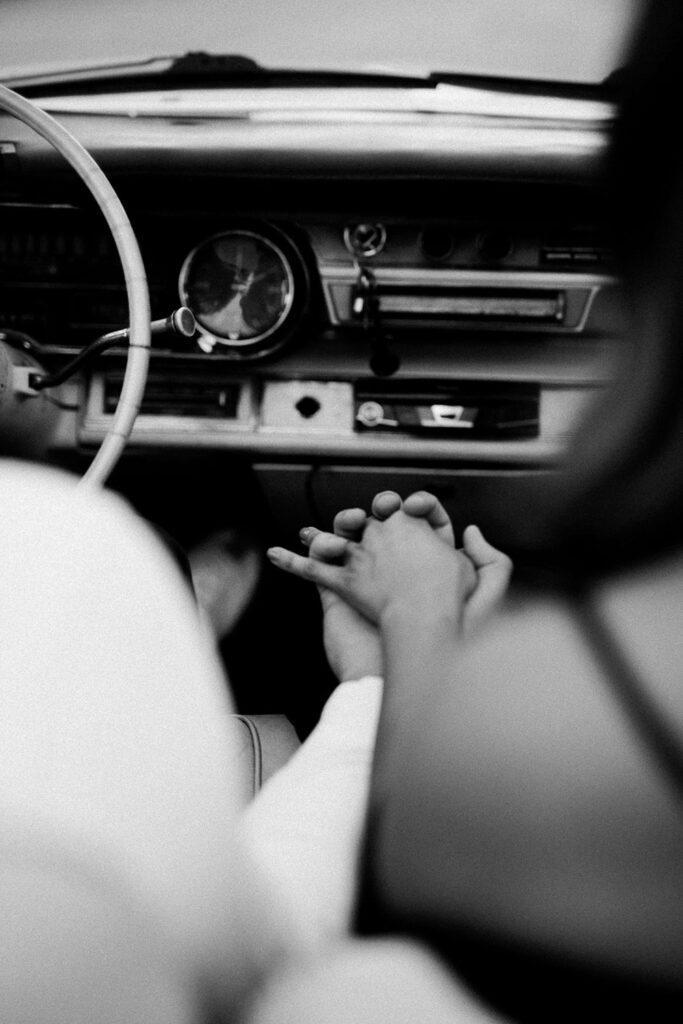Relationships
How to Heal When a Friendship Ends
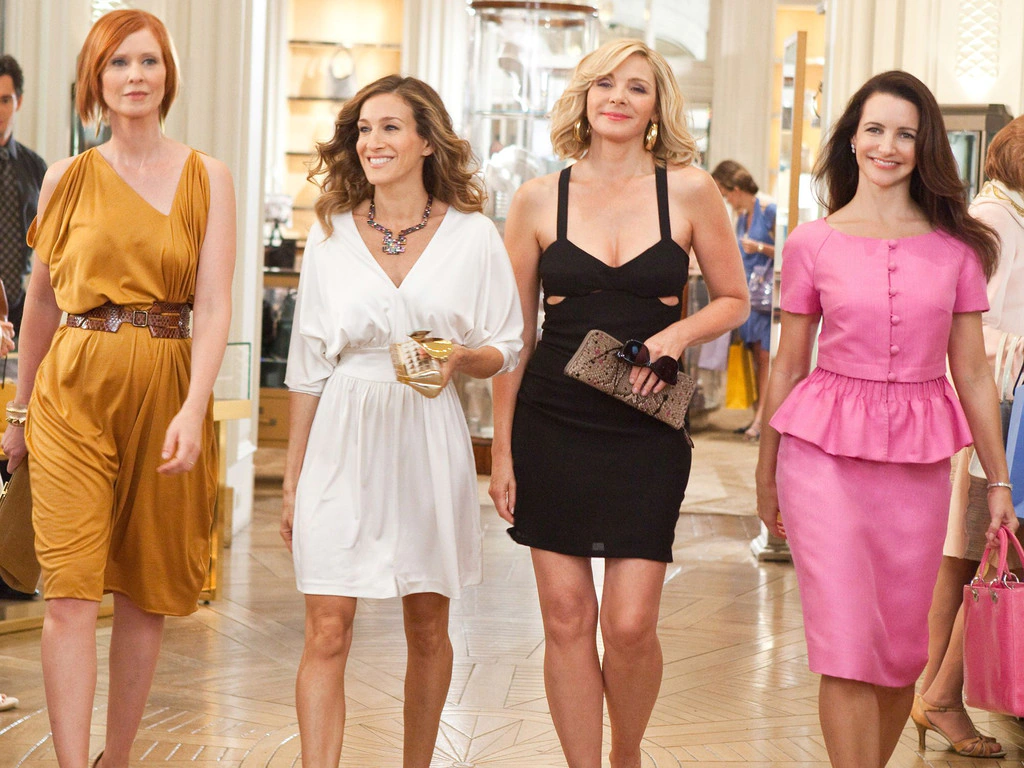
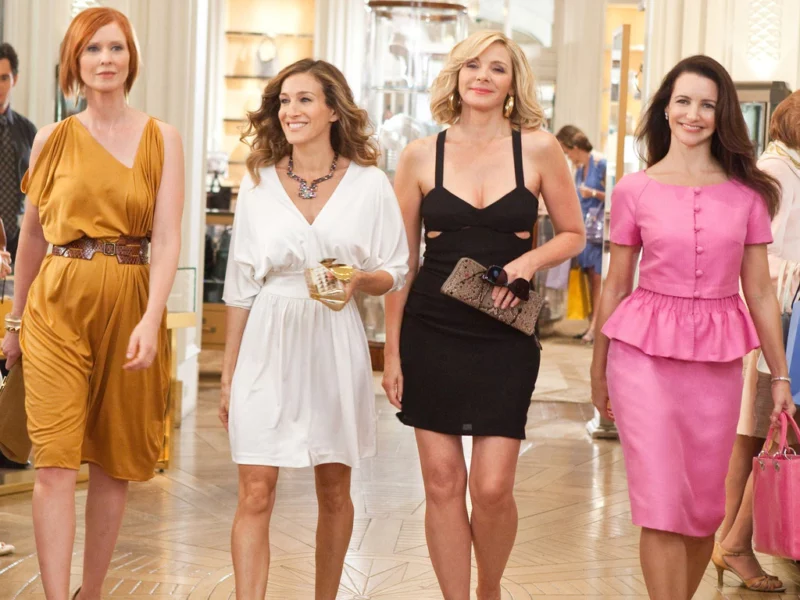
Over the course of your life, friendships will come and go. Some may fade – and drifting apart feels natural. And when friendships end it can feel worse than going through a romantic breakup. Friends are people we often connect deeply with, and a good friend will play an important role in your life the way a romantic relationships would. I don’t mean to sound dramatic, but a friendship breakup can feel like a sudden death. And it can be really complicated when there are mutual friends or friend groups in common. This is something I experienced firsthand after the pandemic and dealing with a serious illness. I am here to normalize friendships ending because it’s something so many of us have gone through.
How to Heal When a Friendship Ends
This is one of things I get messages about at least a few times a week. Many of us really struggle around the concept of a friendship ending and get stuck trying to figure out the how or why. And a recent social media poll showed that 80% of 2200 people went through a friendship breakup as an adult. I’ve talked about how to make friends, and have touched on friendships ending, but haven’t said too much more about my experience.
The pandemic changed the way we were able to connect with one another and took a toll on relationships. And with getting older comes big life changes – moving, marriage, children, and career shifts among other things. Then there are the especially complex circumstances like divorce, sickness, or the loss of a loved one. With any and all of these changes, relationships can (and will) change.
I will admit that in my late thirties, I thought I was set in my close friendships. Not that I wasn’t open to growing new friendships, but that my close friends were my people for life. So when a few close friendships ended or drifted apart over the last year or two, some of those losses were very painful. I was unprepared for a close friendship to change at this point in my life, and coping was really hard. I think for most of us, we just assume we know who our best friend (or friends) are and we do not anticipate the end of a friendship with them.
Before I get started, I want to make sure this is clear.
Over the last few years, people have (understandably) made the assumption a friendship ended with someone I used to work with. That is not who I am talking about and never has been. That friendship grew apart long before my 2017 wedding. Sometimes, people are not meant to work together or be friends and for me, there was zero grief when it came to that relationship coming to an end. Sure, there were complexities, but because of work. When people are different to their core in every possible way and do not see eye to eye, it is impossible to have a business partnership and friendship. And that’s ok. Some relationships are meant to end, and it can even feel good not having certain people in your life. It was the right thing for me and for my family, too.
But that’s not what I’m talking about today. I want to discuss those friendships that become a part of us – where you rely on each other for support and have what you might even think is an unbreakable bond. Here are some of the ways I found healing.
With motherhood came the natural drifting of a few friendships.
And it was, for the most part, ok. When you have children, your availability changes drastically. And when you have children and a job outside of parenthood, it’s really, really hard to have time to connect. Add in our move outside of the city, and things were bound to shift, even with friends we spent more time with. In most cases, it really felt ok. My biggest struggles were the friends that did not stand by me when my daughter was sick. I’ve learned and grown a lot since then though, and am in a very different place now. So it feels like the right time to share my experience. When you enter a stage of life that’s especially complicated or one that requires more of your time and energy, it is only natural that you would have less time to connect. When it’s hard to connect, it’s not always worth forcing. And that’s ok.
Allow yourself to grieve and feel (without judgment).
I want to share a little about my personal grief journey, triggers, and realizations that came with therapy over the last year. My therapist and I started to talk about my struggles with friendship as we got to the end of Margot’s treatment. I wasn’t really ready until the end. Ultimately, I felt abandoned, which brought me back to my childhood. If my own parents weren’t there for me, what did that say about me? It once again brought up the feelings of my never being enough or of feeling like something must be wrong with me. My rational mind knows that is untrue.
My therapist advised me to sit with these feelings and see what arises when I feel triggered, even if only for a few minutes.
Recognizing those feelings helps with healing, and that has been a challenge for me. For most of my life, I had to bury those feelings to get by, so I am learning to feel the grief. It’s really hard and takes time, and that is ok. I was also advised to look at where I do not feel abandoned and at the relationships that feel strong.
Look at both sides.
So this is where things can get complicated. When we were going through my daughter’s medical treatment, I was (understandably) not ok. I was anxious and depressed, couldn’t see anyone (covid and her suppressed immune system) and I felt broken. As a result, I had nothing to give my friends. Looking back, I can see how hard it would to be to show up for someone who was in survival mode for 800 days. It wasn’t a hard week or a few months. We’re talking about years here. Sure, we had good moments, but by the time I was doing better, some friends were already gone. One of those losses hurt more than any breakup.
During treatment, I thanked my friends who did show up for me. I told them how I empathized with how hard it had to be to be my friend, and how grateful I was for them. And the good ones handled it so beautifully. I am beyond grateful for their friendship.
So how do you work through feeling like you caused it?
All relationships take two people. These are people who were good friends, and for whatever reason, decided our friendship was over. It’s easy to be friends with someone through good times, but when you’re going through a hard time, people aren’t always able to show up the way you’d hope. But – I don’t look at myself with blame and I don’t hate them either. I was understandably broken and going through a very difficult time and that’s ok. It’s not how I would have handled a friend going through this. In fact, I had a friend who went through a diagnosis and I did everything I could to show up for her in every possible way.
It’s something I can’t really understand, because I would at the very least reach out at the end to say how happy I was when treatment was done. That, for me, was the final moment that solidified things for me. It felt deliberate not to reach out, and I think it really helped me move on.
Talk to a therapist or counselor.
I love therapy and believe that everyone should talk to someone if they have the time and resources. Therapy is a greaty way to work through the things you’re struggling with, and it is, in my opinion, the healthiest way to figure out how to cope. The loss of a friendship can be traumatic, and it can really take a toll on your mental health. A healthy friendship with a good friend is as important as a relationship with a romantic partner. I’ve been in therapy on and off throughout my adult life. The two therapists I’ve seen over the last decade came recommended by friends, and I loved both. One was wonderful around our engagement and coping with not having my family around, but wasn’t the right person to get me through treatment.
My current therapist, who I’ve been seeing for about a year and-a-half, has been wonderful since she’s a family psychologist. She has been able to help with my grief as well as family dynamics, and supporting Margot through everything. Sure, we can turn to friends, but these breakups can be hard and the grief process can be kind of long, so I feel that for me, therapy was better vs having these semi-draining conversations with friends.
I have talked to friends about how their friendships were impacted, and was shocked by the fact that most seemed to have had at least one or two close friendships that fell apart in their 30s. While I wish no one had to go through this, it normalized what I went through, and helped me learn more about my friends, too.
Practice self care.
Self-care is especially helpful. Be kind to yourself. Try journaling or writing a letter to your friend, saying all the things you maybe weren’t able to say. Take a class, go to yoga or pilates – do something calming that might help you find some peace in the pain. Self-care can also mean protecting your heart and unfollowing a former friend on social media. This is a healthy way to protect yourself as long as the intention is to move on, and not to draw attention from the former friend.
Know that you still deserve friendship.
This was a hard one for me, but time and therapy made it very clear. And really, it was my past that made me think I wasn’t deserving. But losses can bring up old pain and triggers, and they can really mess with your head. Ultimately, it is important to remember that you are deserving of love and friendship. And do not forget that you are not alone in this.
Consider if you really want this person in your life.
There’s a friend from high school (that I love dearly) that I didn’t talk to very much for maybe 6 months. It was a little awkward, but we’ve been friends for so long and love each other. And I honestly can’t remember which one of us reached out, but it felt important to share how we felt, and to come back to each other. I’ve actually found that for me, healthy friendships can take some time apart when life gets crazy, and find their way back to the way it used to be. Those deeper connections are so important. We communicate weekly and have both shared with one another how happy we are to have reconnected.
Other times, friendships drift apart. This could happen because of life circumstances or simply having less in common. But what happens when a close friend just feels…gone? Many of us have been through that, and it can be so painful. Consider all the circumstances. Did they just stop talking to you? Do you want to hold on to someone who is willing to let you go? Maybe not. It took time for me to realize that I only have room for people who will show up for me, and I am lucky to have friends like that. And I’ll do the same for them. Those are the people I want in my life.
Connect with old (and new) friends.
Another challenge for many of us. If you are struggling in your friendships, connecting with new people (and old friends, too) can be very helpful. I knew of a few people in the area that I reached out to when we moved. And months later, I am friendly with both. No, it’s not the same as a close friend I saw all the time but life changes. Circumstances changed, and it took time, but I’ve accepted that.
The point of writing this post and sharing this story is to remind you that you are not alone. This is something that happens to so many of us. Nothing is wrong with you, and it takes time to heal. I hope this helped normalize these losses and finding someone to talk to along with the grief process around losing a friendship for those of you who might be struggling.


